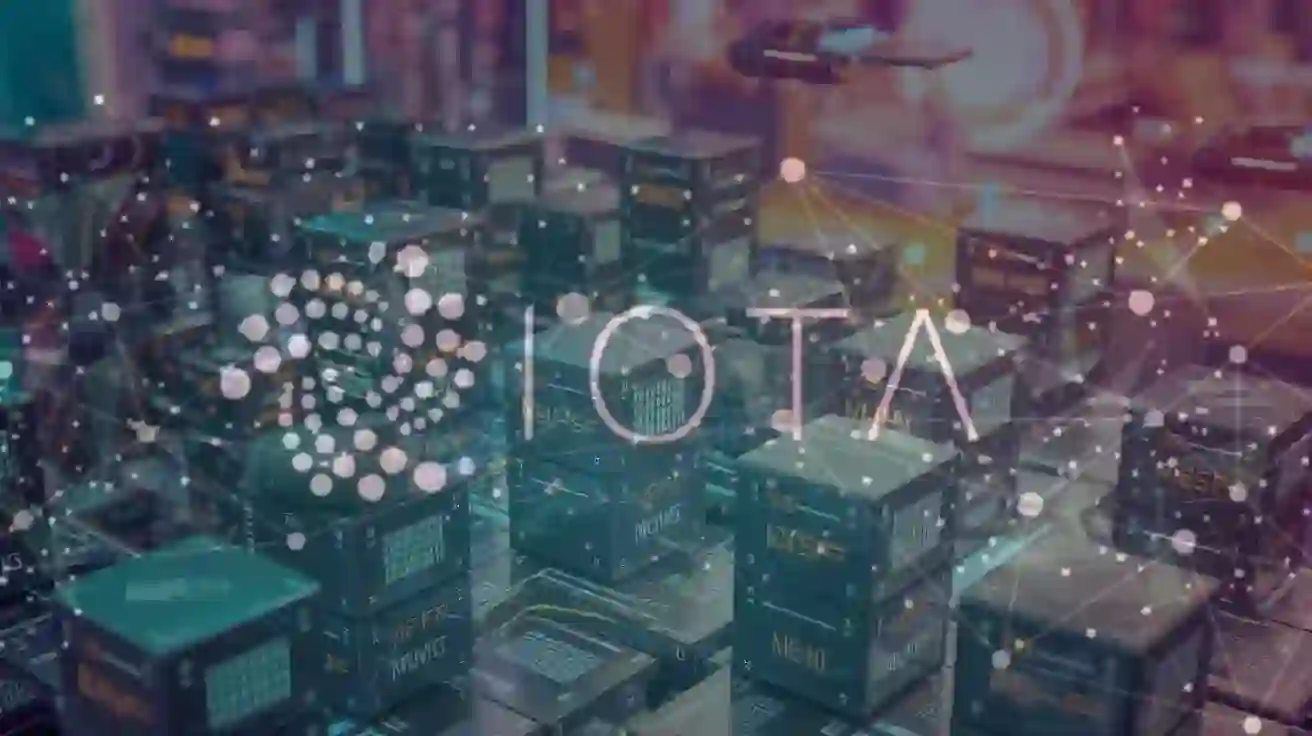IOTA is an innovative distributed ledger technology (DLT) designed to facilitate secure, scalable, and feeless transactions, particularly for the Internet of Things (IoT). Unlike traditional blockchain networks, IOTA uses a unique verification method that allows it to handle vast amounts of data efficiently, making it an evolutionary step beyond Bitcoin and Ethereum.
The Rise of the Internet of Things
As technology advances, more and more devices are connecting to the internet. Smartphones, smart fridges, autonomous vehicles, and even industrial machinery are becoming part of a massive interconnected network known as the Internet of Things (IoT). These smart devices can communicate with each other, automating processes and making everyday life more efficient.
However, the widespread adoption of IoT presents a challenge: the more devices that connect, the more data is generated. Traditional networks struggle to keep up with this exponential growth in data exchange. This is where IOTA steps in, providing a solution that ensures smooth, secure, and scalable data transmission between interconnected devices.
What is IOTA?
IOTA, which stands for Internet of Things Application, is a cryptocurrency specifically created to address the limitations of conventional blockchain technology. While Bitcoin and Ethereum have laid the groundwork for decentralized digital currencies and smart contracts, they still face issues such as scalability and high transaction fees.
For IoT to function seamlessly, a network must be able to support millions or even billions of micro-transactions efficiently. IOTA’s revolutionary approach, known as “The Tangle,” offers a way to achieve this goal.
Introducing The Tangle
Unlike Bitcoin’s blockchain, which requires miners to solve complex mathematical problems to validate transactions, IOTA’s Tangle operates differently. In this system, every new transaction must verify two previous transactions before it can be processed. This eliminates the need for miners, allowing the network to become faster and more efficient as more transactions take place.
With this structure, IOTA offers key advantages:
- No transaction fees – Because there are no miners, there is no need to pay fees for transaction validation.
- Faster transaction speeds – The network becomes more efficient as activity increases.
- Improved scalability – It can support massive transaction volumes, making it ideal for IoT applications.
- Energy efficiency – Unlike traditional blockchain mining, which consumes significant computational power, IOTA’s approach is more sustainable.
IOTA vs. Bitcoin: What’s the Difference?
While Bitcoin is widely regarded as the first major step in blockchain technology, and Ethereum introduced smart contracts, IOTA represents the next evolution by enabling autonomous machine-to-machine transactions.
Some key differences between Bitcoin and IOTA include:
- Mining – Bitcoin relies on miners, while IOTA removes the need for them entirely.
- Fees – Bitcoin transactions incur fees, while IOTA transactions are feeless.
- Scalability – IOTA’s structure allows it to scale efficiently, whereas Bitcoin faces congestion issues.
- Use case – Bitcoin is primarily a store of value, whereas IOTA is designed for IoT applications.
Who Created IOTA?
IOTA was founded by a team of researchers and engineers who aimed to create a scalable solution for the growing IoT sector. The project was co-founded by Dominik Schiener and David Sønstebø and has since grown into an international initiative with a dedicated foundation overseeing its development.
MIOTA: The Native Cryptocurrency of IOTA
IOTA has its own digital currency called MIOTA, which is used for transactions within the network. Just like other cryptocurrencies, MIOTA can be purchased on various exchanges and stored in digital wallets.
The Future of IOTA and IoT
IOTA has the potential to revolutionize multiple industries by enabling seamless machine-to-machine transactions. Here are some exciting real-world applications:
- Smart Cities – Governments and city planners are exploring ways to integrate IOTA into infrastructure, enabling smarter transportation, energy distribution, and waste management systems.
- Autonomous Vehicles – Imagine a car that can automatically pay for its own parking, tolls, or electric charging without human intervention. IOTA can facilitate these transactions in real time.
- Supply Chain Management – Companies can use IOTA to track products across the supply chain, ensuring transparency and efficiency.
- Healthcare – Medical devices and patient data can be securely exchanged within a connected ecosystem, improving healthcare services.
The Economy of Things
As more devices become interconnected, a new concept known as the “Economy of Things” is emerging. In this economy, data itself is a valuable asset, similar to commodities like gold or oil. IOTA’s network provides a secure and scalable platform for this new era of digital transactions, ensuring that machines can trade resources autonomously.
Conclusion
IOTA is more than just another cryptocurrency; it is a groundbreaking innovation designed to address the challenges of the Internet of Things. By enabling secure, feeless, and scalable transactions, IOTA has the potential to reshape industries and create a fully connected, autonomous digital world. As adoption grows, IOTA could play a key role in the future of smart technology and the global economy.


